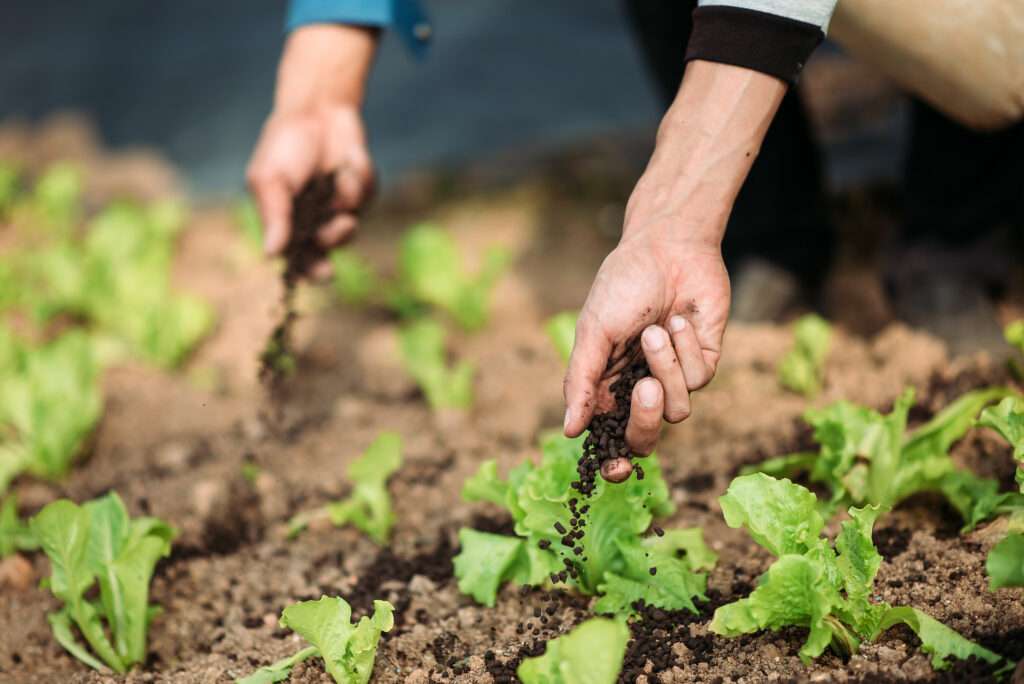For the development of its yeasts and yeast extracts, Lesaffre particularly uses a co-product from the beet or cane sugar industry, known as molasses. This process results in the production of derivative-products which undergo another industrial step. Lesaffre values its products for use in agriculture, livestock, and industry. This sustainable development and circular economy approach is an integral part of the Group’s environmental policy.
« Greener » fertilizers for agriculture
These derivative-products can be used as more eco-friendly fertilizers in agriculture. “The vinasse, a natural residue from the yeast production process based on beet or cane sugar molasses, can be directly applied to fields as fertilizer. In some of its factories, Lesaffre also processes its derivative-products to offer industrial fertilizer manufacturers more virtuous ingredients to incorporate into their product composition. The volumes of derivative-products that go back into the crops reduce the amounts of chemical and/or imported fertilizers,” explains Antoine Rabourdin, Substrates & Derivative Products Director at Lesaffre.
Local Animal Nutrition: An alternative to imports
Some derivative-products are also intended for ruminant nutrition as a source of essential proteins. “This solution allows for the replacement of imported protein sources like soybean meal with a local product derived from beets,” specifies Antoine Rabourdin. Finally, they can be transformed into “technical” products for the industry, especially for the manufacture of construction materials.
An increasingly proactive approach to sustainability
The care Lesaffre takes to preserve the environment by valuing its derivating-products dates back nearly a century, at the time of the installation of its first evaporator for its factory effluents. Today, Lesaffre still invests in new technologies, allowing the substrates from agriculture used for the manufacture of its products to be maximally valued. This happens in many countries around the world where it operates. Since 2018, its community of experts dedicated to the valorization of derivative-products shares experiences and best practices across its sites. “We are committed to ensuring that all our factories can optimize the valorization of their derivative-products while adapting to local needs,” concludes Antoine Rabourdin.


